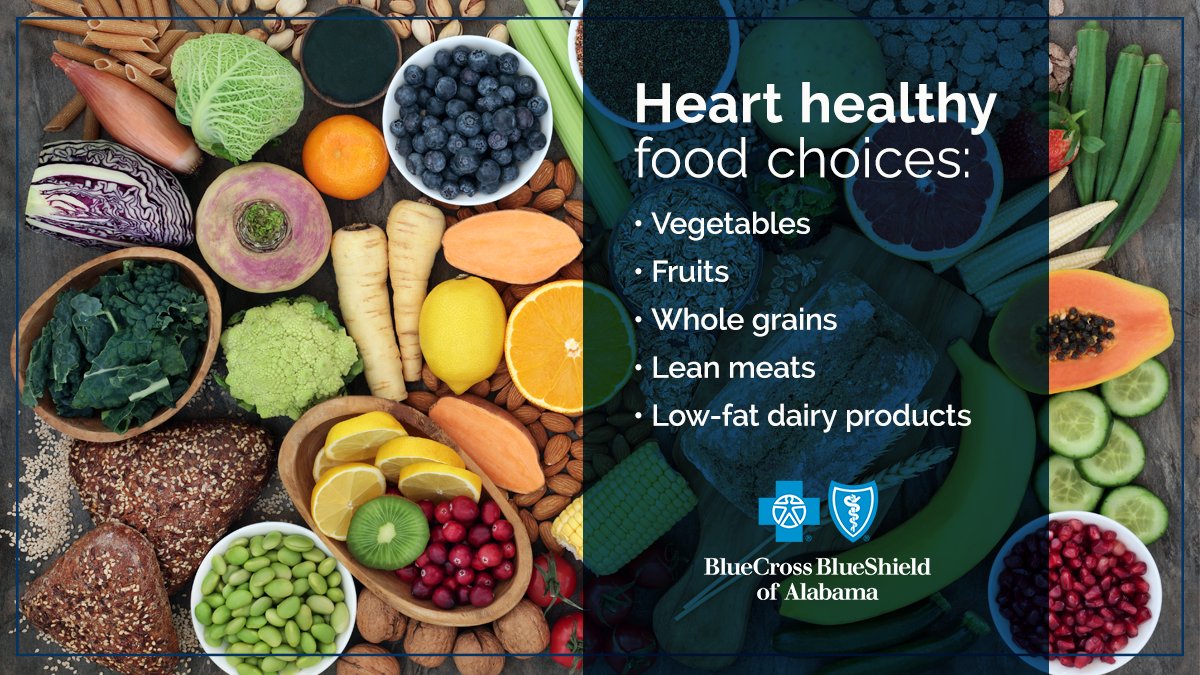
Forgiveness can have positive effects on your health. You will feel happier about yourself. It also increases your physical and emotional immune system. It can reduce your risk of heart attacks and improve your cholesterol levels. The best thing about forgiveness is that it can be done for anyone. But how does forgiveness actually work? These are just four ways forgiveness can be helpful to you. This isn't just for the benefit of others. You can do this for yourself too!
The ability to forgive reduces anger and stress. Your body's instinctive "fight-or-flight" response may be activating if you feel angry, sad, or stressed. Your blood pressure and heart rate may speed up, and you may have to take medication to reduce the symptoms. In the long run, this kind of chronic stress can lead to health problems. It is possible to forgive and get over your anger, and regain control.

Forgiveness is not just good for your physical health. Forgiveness is a way to improve your relationships. Studies have shown forgiveness can reduce cortisol. This hormone is linked to high blood pressure, heart attacks and hypertension. Forgiveness can also lower cholesterol levels, reduce stress, reduce anxiety, and improve self-confidence. It can even make one more compassionate, self-aware and happier. Gary Ridgway, a Green River Killer who pleaded guilty at trial to the murder of 48 teenage girl victims, is an example. He killed 48 young women in the midwestern state of Kentucky, and showed no emotion or remorse.
There are many studies that show forgiveness can have positive effects. Forgiveness has been shown to reduce anxiety and depression among seniors, according to research. Forgiveness has many benefits that go beyond your physical health. Forgiving another person allows you to release negativity and unforgiveness. Forgiveness can also strengthen your relationships. You can forgive others and increase your commitment to them. It will ultimately improve your life and make it happier.
In addition, forgiveness can enhance your relationships with other people. By forgiving someone, you can let go toxic emotions that were present at the time you were hurt. Once you are free of these emotions, you can develop an honest relationship with the person and be a better friend to them. Forgiveness can also help you improve your health. If you forgive someone, it will be a pleasure to have them around. You will feel happier.

The most important benefit of forgiveness is its ability to release you from the toxic emotions. True forgiveness raises vibrational frequency. It can be difficult sometimes to forgive someone who has caused you great pain in your lives. It is possible to forgive the most hurtful person in the world. To reap the benefits forgiveness, you don't have to be perfect. You just need to let the other person know that you're sorry and that you're happy.
FAQ
Is cardio exercise good for your health or bad?
Cardiovascular exercise has many benefits. It improves blood circulation, strengthens your heart muscle, increases stamina, helps you lose weight, and gives you energy.
Cardiovascular exercise includes running, biking, hiking, swimming, tennis, basketball, soccer, volleyball, football, etc.
It is important that cardio exercises are not performed at high intensities. This could cause injury.
If you feel fine, only do the cardiovascular exercise.
Do not push yourself to the limit. This could lead to injury.
Cardiovascular exercise is best done warm-up first. Next, increase your intensity gradually.
You must always listen to what your body is telling you. If you feel pain, stop doing cardio exercise immediately.
It is also recommended to take some time off after a cardiovascular exercise. This will give your muscles time for recovery.
Cardiovascular exercise is an important part of losing weight.
It is the most efficient way to lose weight and stomach fat.
How quickly can I transform my body?
It all starts by changing your mindset. You have to be willing to change.
Once you have decided that you want to change, then you need to commit yourself to work on your fitness goals for at least 3 months.
The next step is to find the right program for you.
Also, you need to set realistic goals. If you are not ready to dedicate the time and effort to reach your goal, do not spend money on a gym.
Instead, use your own free time to exercise outdoors.
If you spend an hour a day walking around the block, you'll burn enough calories to lose 1 lb per week.
Now that you are clear about what you want to do, plan how you will organise your life around this plan.
This includes making sure that you schedule a time to work out every morning before leaving for work and take breaks throughout the day to move.
When you achieve milestones, reward yourself. This could be buying accessories or clothing that reflect your success.
How many calories should you consume each day?
This varies from person to person. On average, between 2000 and 2500 calories a day. You need to determine how many calories you need based on age, gender, height, weight, activity level, and lifestyle.
Statistics
- According to the American Heart Association, blood pressure should be checked at least once every two years, beginning at age 20. (my.clevelandclinic.org)
- Candidates and applicants must pass all four tests at 70% (minimum level) to graduate from Basic Deputy U.S. Marshal (BDUSM) Training. (usmarshals.gov)
- By John Thompson Take a whopping 38% off a set of PowerBlock Pros. (menshealth.com)
- Get free shipping and 25% off today. (healthline.com)
- The PRS enabled risk stratification for overall prostate cancer and lethal disease with a four-fold difference between men in the highest and lowest quartiles (HR, 4.32; 95% confidence interval [CI], 3.16-5.89). (pubmed.ncbi.nlm.nih.gov)
External Links
How To
What nutrients do men need each day?
For healthy growth and development, men need to eat a balanced diet. Vitamins, minerals, vitamins, nutrients, carbohydrates, fats and fiber are all essential for the body.
Males also require specific nutrients at certain times of the day. You can see that your body uses energy to make hormones. Protein is needed to build muscles and repair tissue damaged when you wake up.
Your body will burn fat at night and store the extra energy as a form of glycogen. Your body requires fewer calories, but still needs enough nutrients. If you feel hungry, you may consider having a snack during the evening.
Working out requires adequate carbohydrate and protein intake. You may feel sore muscles if you exercise hard.
To prevent this, you must consume carbs and protein within 2 hours of training. Your body will use stored glycogen to produce glucose for energy.
Also, protein must be consumed immediately after your workouts. This prevents muscle tissue from being broken down while you are sleeping.
During periods of intense physical activity, your body produces lactic acid. The body produces lactic acid when there is too much activity. This can cause fatigue. Avoid this by eating foods rich in carbohydrates such as fruits or vegetables.
Carbohydrates provide energy for your body to recover after strenuous exercise.
A healthy diet should include lean meats such as fish, eggs and milk, cheese, yogurts, beans, seeds, nuts, and beans.
All of these foods have high-quality protein. Protein promotes muscle growth, and helps repair damaged tissues. It also provides the amino acids your body needs to produce sex hormones and testosterone.
You also need enough dietary fats to maintain good skin, hair, nails, and joints. Healthy men should consume between 20% to 35% of their daily caloric intake from fat.
Fat can help keep your heart healthy and protect you from cancer. It helps keep your brain working properly.
Vegetable oils, such as olive oil, sunflower oil or corn oil, soybean oil and peanut oil, can supply most of the fats you require.
These oils are high-in monounsaturated, unsaturated fatty acid (MUFAs). MUFAs are good for lowering cholesterol and reducing inflammation. They protect your cells against free radical damage.
Saturated oils (SFAs), found primarily in animal products such meats, dairy products and butter, are known to raise LDL ("bad") cholesterol. SFAs increase LDL ("bad") cholesterol, and increase triglycerides. They promote weight gain as well as belly fat.
Plant-based oils such as vegetable oil, nuts, seeds, or grains are rich in polyunsaturated fats (PUFAs). PUFAs can improve cardiovascular function and reduce inflammation. They can also control blood sugar levels and cholesterol.
Low HDL ("good") cholesterol is a common cause of erectile dysfunction in men. Consuming high amounts of saturated fats can increase bad cholesterol and lower good cholesterol.
Because of the high levels of nitrates in red meat and pork, men with prostate problems may eat more of them. If cooked at high temperatures, the nitrates become nitrosamines. These compounds can cause lung cancer.
Most processed meats have nitrites and harmful chemicals. They should be avoided.
The American Heart Association recommends eating no more than 2 servings of red meat per week. Instead, choose poultry or fish, beans, tofu and whole grain bread.